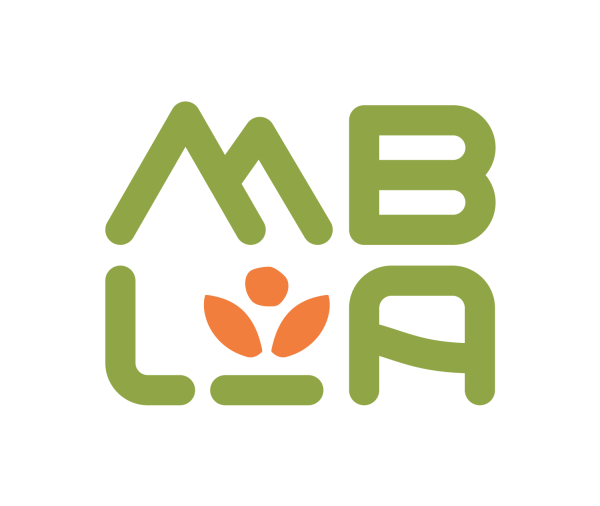
Amazigh people’s traditional practices have shaped the High Atlas landscapes since the beginning of time. With changing socio-economic and environmental local conditions, some of these practices have been abandoned, while others have been adapted to new contexts. Traditional water management (e.g. Tawala nwaman), agroforestry (e.g. agricultural terraces) and community-based management of high altitude pastures (e.g. Agdal) are all examples of cultural practices that contribute to the High Atlas’ diverse and rich biodiversity.
Recent Changes in climatic, economic, and social realities such as rural exodus of young people, increasingly severe and prolonged drought, flash floods, and rising temperatures are putting these vital practices in jeopardy. As a result, agricultural production is being reduced, plant life cycles are being disrupted, and montane species are migrating.
We recognize the importance of Amazigh cultural practices for local biodiversity conservation and work to revitalize them by documenting traditional land- and resource management and wild plant use. We study change factors to develop solutions strategies with local community members, and produce materials to raise awareness about the importance of cultural practices in preserving community well-being and biodiversity.
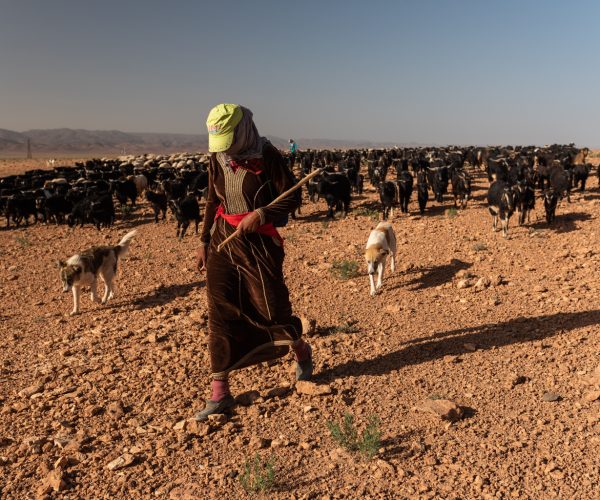
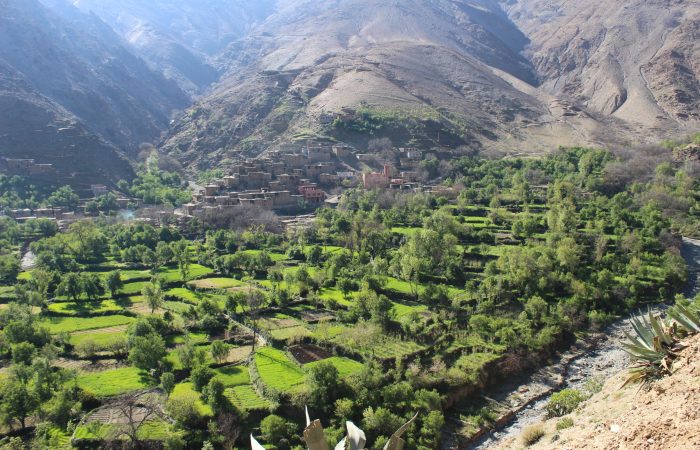
Indigenous Peoples’ and Community Conserved Areas (ICCAs)
As a founding member of the Consortium for Moroccan ICCA’s (CAM), MBLA helps lay the foundations for better governance of natural resources at different territorial scales, in particular by supporting and advocating for appropriate recognition and support of customary institutions and “Territories of Life.”
Through community-based research, we enrich knowledge that links cultural landscape management practices with biodiversity conservation and mobilize local community members to advocate for national recognition of communal governance systems. We also organize webinars and roundtable events in partnership with the Consortium for Moroccan ICCAs, and participate in national dialogues to enhance policy frameworks governing these cultural landscapes.
Contact Us
+212 (0) 808 558485
The Moroccan Biodiversity and Livelihoods Association is a non-governmental non-profit association registered in Hay Mohamadi zone, Marrakech under the n° 470.

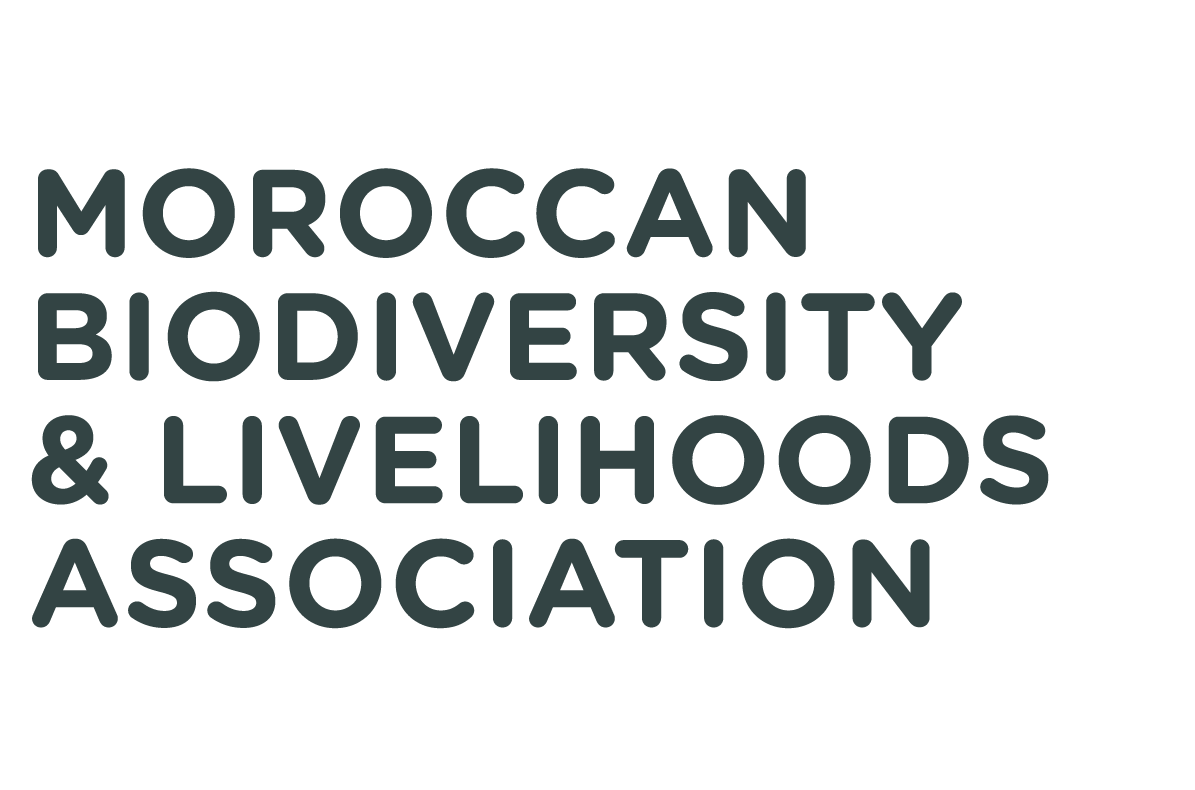
Join our mission. Volunteer, Donate, Advocate, Get started today.
Copyright @ 2024 MBLA
Contact Us
+212 (0) 808 558485
The Moroccan Biodiversity and Livelihoods Association is a non-governmental non-profit association registered in Hay Mohamadi zone, Marrakech under the n° 470.


Join our mission. Volunteer, Donate, Advocate, Get started today.
Copyright @ 2024 MBLA
Contact Us
1Rue Houcima, Villa N° 280, 1er étage, Marrakech, Morocco 40000
contact@mblaassociation.org
+212 (0) 808 558485
The Moroccan Biodiversity and Livelihoods Association is a non-governmental non-profit association registered in Hay Mohamadi zone, Marrakech under the n° 470.
Email us on contact@mblaassociation.org
Copyright @ 2024 MBLA
